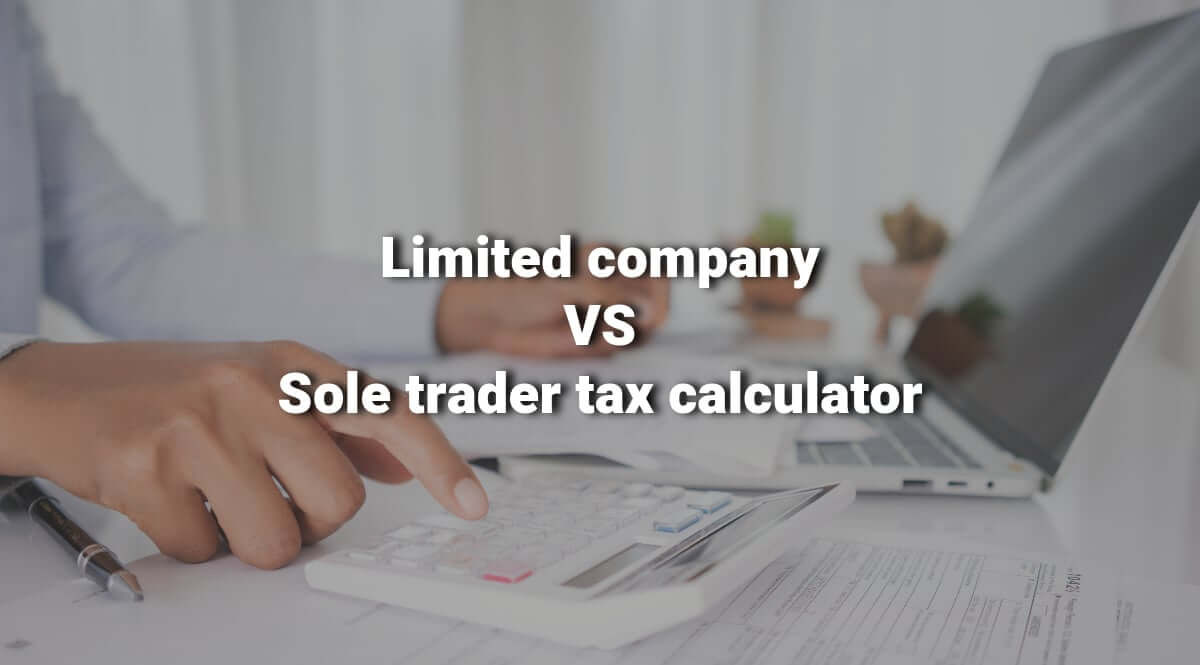Limited Company vs Sole Trader Tax Calculator
A tax calculator can help you to compare your take-home income as a sole trader versus as a limited company. What’s important, you can select from various calculators.
It is not surprising that people are interested in tax calculators. Limited company vs sole trader tax calculator is quite an important topic nowadays.
A limited company is a legal corporate structure established and registered with the appropriate government authority, such as Companies House in the UK. This structure separates the company from its owners (typically shareholders) and managers (formally known as directors).
Types of limited companies
There are two main types of limited companies:
Public limited companies (PLCs):
A PLC can issue its stock to the general public but isn’t obligated to do so.
Private limited companies (LTDs):
LTDs, like PLCs, can be managed by a single person, but they cannot offer shares to the public.
To establish a limited company, you need to select the type (PLC or LTD), choose a unique company name, and register your company for corporation tax with Companies House. Upon registration, you’ll receive a certificate of incorporation containing essential information about your company.
PLCs require a minimum of two shareholders, two directors, a qualified company secretary, and a share capital of £50,000.
On the other hand, a sole trader is an individual who is self-employed and the sole owner of their business. As a sole trader, you and your business are considered a single legal entity, and you are entitled to all profits after taxes.
While you can hire employees, you need to register as self-employed with His Majesty’s Revenue and Customs or HMRC to pay taxes through the self-assessment process.
There are no separate directors, shareholders, or partners in a sole trader business, giving you full control over your company’s operations. However, there are legal responsibilities and rules to follow.
Importantly, many inquiries exist about a limited company vs sole trader tax calculator. However, it is important to gather more information about a limited company and a sole trader.
How to register as a sole trader?
To register as a sole trader, you need a National Insurance number. Moreover, you must register for self-assessment with HMRC if your earnings exceed £1,000 in a tax year.
Many people start as sole traders and later transition to a limited company when they have a stable customer base and income. This transition is generally straightforward.
What is the difference between a limited company and a sole trader?
The primary distinction between a limited company and a sole trader is the level of personal liability and ownership structure. Sole traders have unlimited personal liability, while limited companies offer limited liability to shareholders, reducing personal financial risk.
Be careful when it comes to a limited company vs sole trader tax calculator, as it takes time to get used to the tax calculator.
In summary, choosing between a limited company and a sole trader status depends on factors like personal liability, ownership structure, and tax implications.
The post Limited company vs Sole trader tax calculator appeared first on FinanceBrokerage.


































